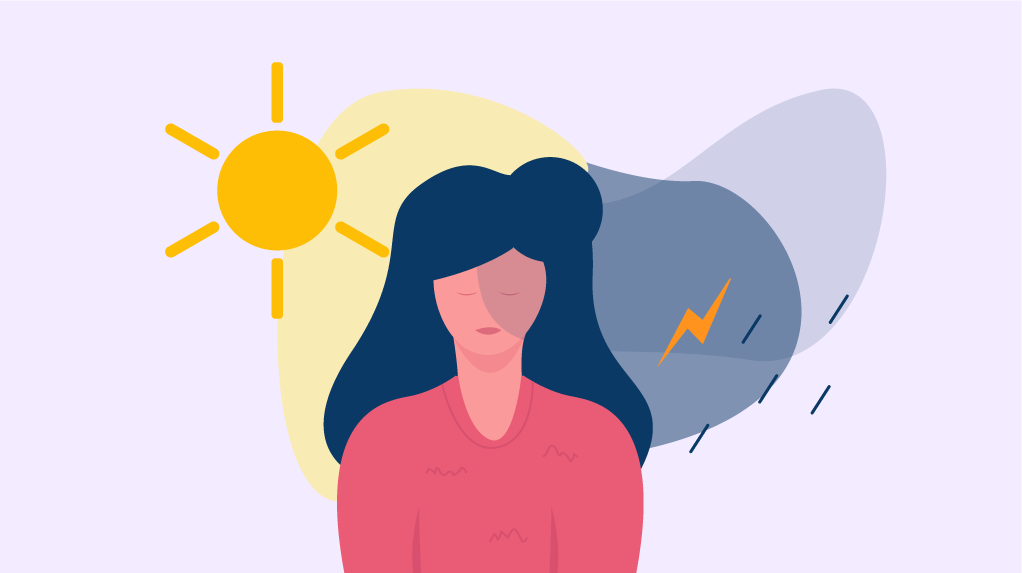For many people, winter brings darkness, both in the world around us and within ourselves. The days grow shorter and colder, making it harder to stay positive. For some, though, this shift in mood goes beyond just feeling down.
Seasonal depression, also known as Seasonal Affective Disorder (SAD), affects around 10 million Americans, with four out of five of those affected being women. While symptoms can vary from person to person, common signs include deep sadness, excessive tiredness, weight gain, and a lack of motivation.
Although many people experience these feelings, few openly talk about them—despite the likelihood that seasonal depression impacts someone you know.
The good news is that as the seasons change, our moods often improve. Longer days and warmer weather can help ease symptoms. However, if these feelings persist beyond early spring or become severe, it’s important to seek medical help. Mental health matters year-round, and no one should feel alone in their struggle.

















